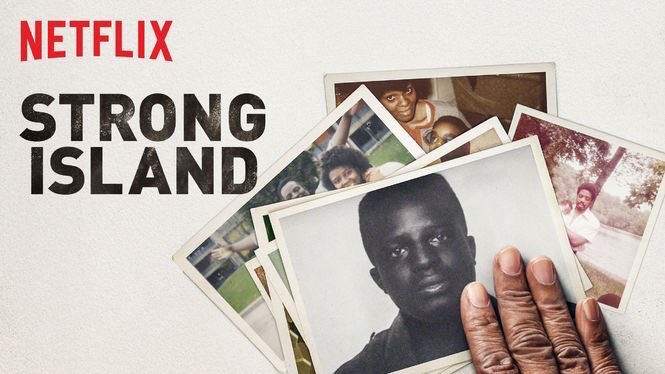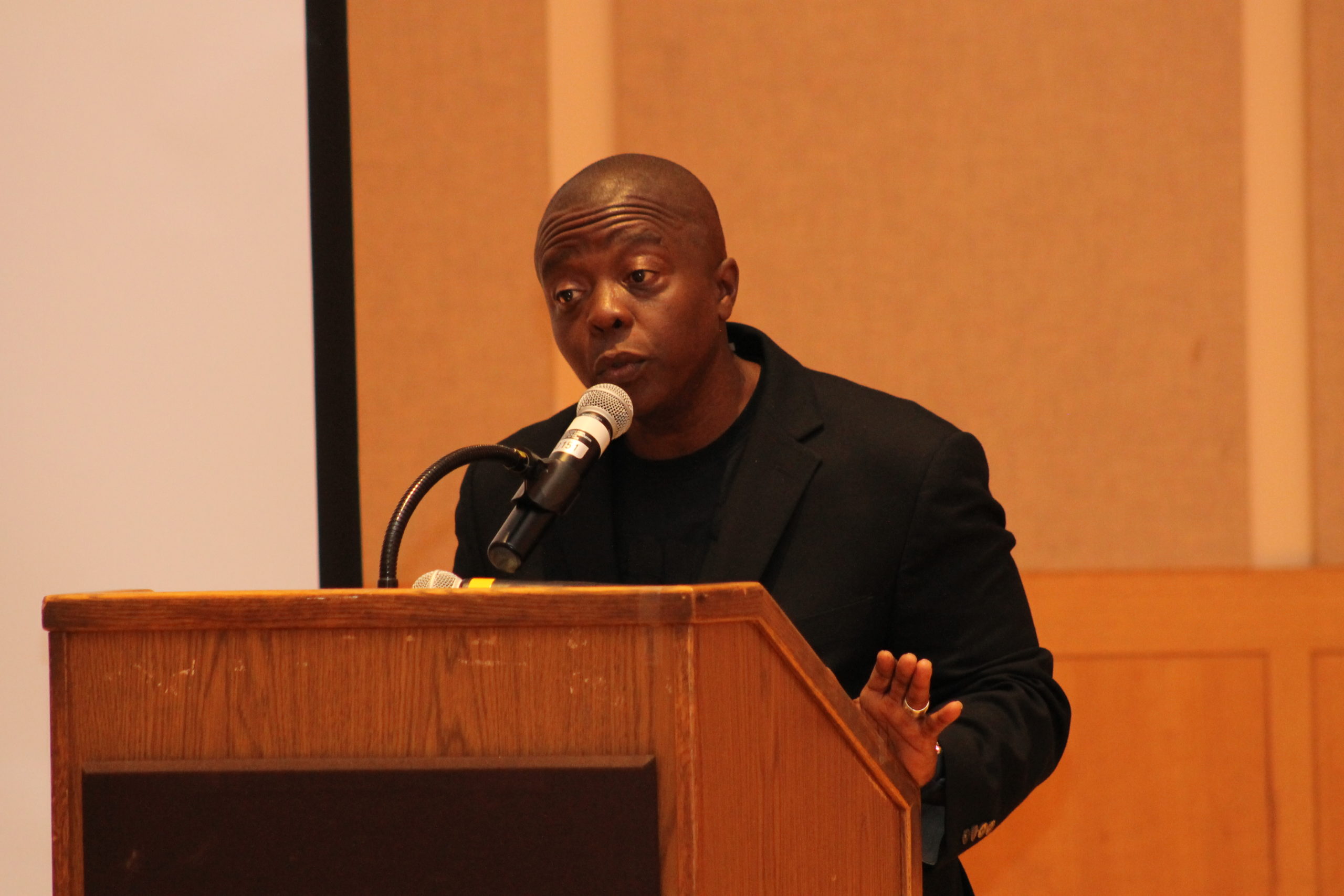Yance Ford was 19 when his brother William Ford Jr. was killed in 1992 at a body shop in Central Islip.
Twenty-five years later, Ford took his family’s pain and perseverance and turned that story into a Netflix documentary, “Strong Island,” which was nominated for an Academy Award in the documentary feature category earlier this year.
“I have to say, I was determined not to be touched by your film this evening,” ERASE Racism President Elaine Gross said. “I wasn’t up for being touched. I was totally unsuccessful in my effort.”
The emotional film features interviews with Ford’s sister, Lauren Ford, his mother, Barbara Dunmore-Ford, and his brother’s friends Kevin Myers and Harvey Walker discussing William’s life, death and ultimately, the lack of indictment by a grand jury in the case.
Mark Reilly was arrested at Super Stang Body Shop in Central Islip on April 7, 1992, minutes after he shot William, who was unarmed, with a .22-caliber rifle once in the chest, according to the film. He was airlifted to Stony Brook University Hospital, where he was pronounced dead.
“It takes a remarkable shot to actually kill a human being with a .22 caliber round — they’re literally used to kill rabbits and birds,” Yance Ford said. “You can shoot someone in the buttocks or the back dozens of times with a .22 and not take their life.”

During the film, Ford calls Suffolk County officers, detectives and assistant district attorneys trying to find the answers behind what his family sees as injustice and indifference to a black man being murdered by a white man.
Congregants watched silently through the film, expressing frustration when Ford hit a brick wall during an interview and some becoming emotional as Ford visibly breaks down after a call with Suffolk County Detective James Hughes.
After the film, there was a question and answer session with Ford, where the director said he didn’t expect a change in the case to come from his film, like the podcast “Serial” and Netflix documentary “Making a Murderer” where cases were reopened based on journalists’ investigations.
“I think that communities across Long Island, white communities like this one, have got to figure out what you’re willing to risk. What are you willing to risk?” Ford said. “I can’t decide that for you, and I can’t make you want to take a risk, but I can tell you that nothing will change in our criminal justice system until the people who are like the majority of those in this room decide what they are willing to risk in the name of justice.”



